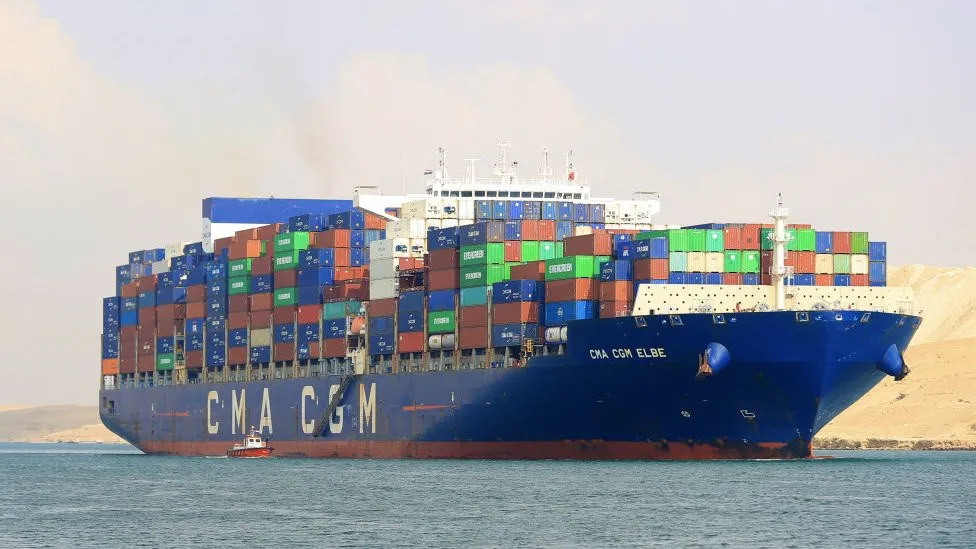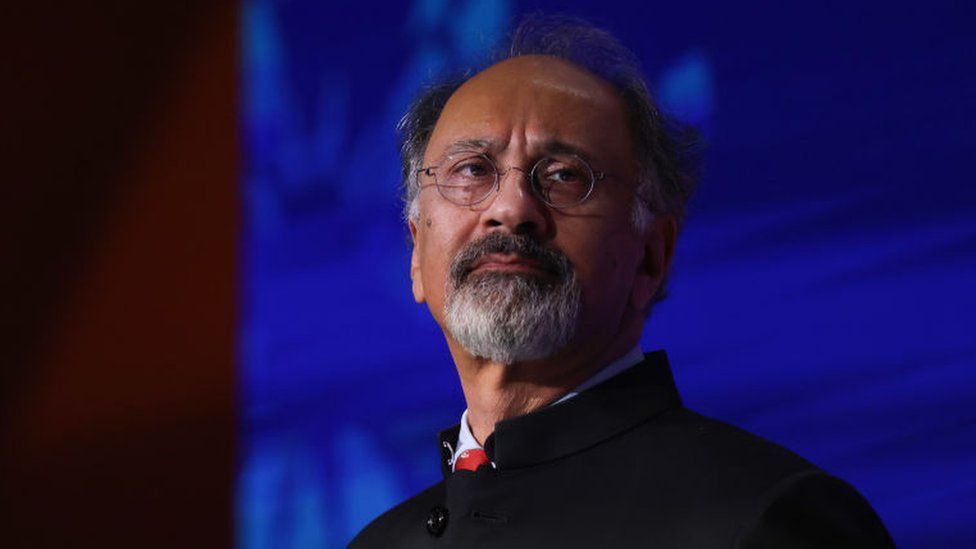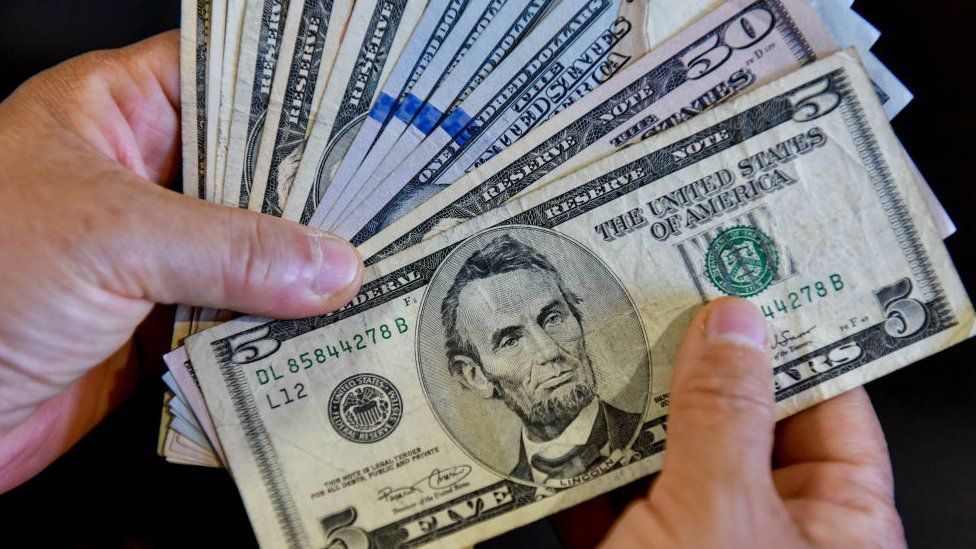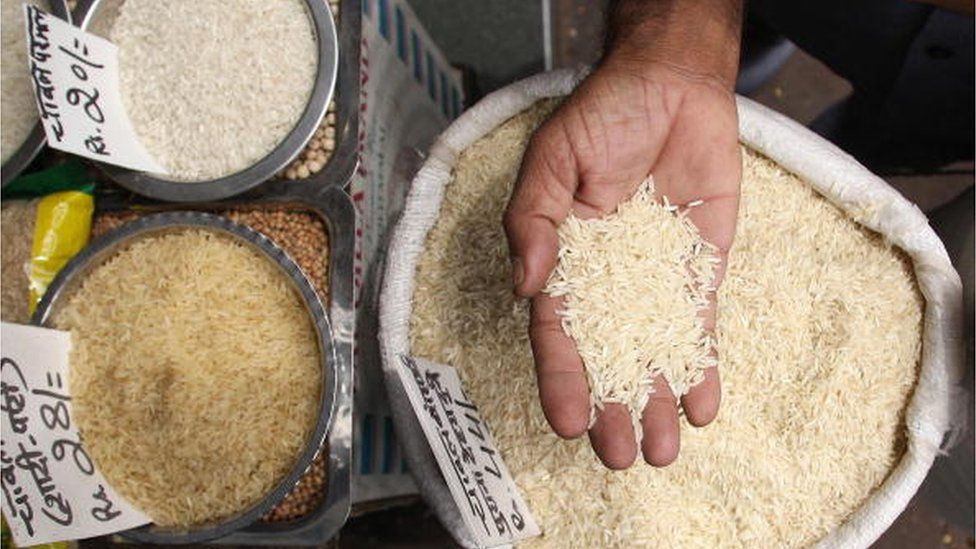
Global economy set for weakest growth since pandemic, warns World Bank
The global economy is set to grow at its slowest pace since the pandemic, the World Bank has warned.
It has forecast growth of just 2.4% in 2024 and stated higher interest rates were a major factor.
Global trade and investment would continue to be stifled by conflicts in Ukraine and the Middle East, it said.
Outside of the pandemic, growth of 2.4% would be the weakest since the 2009-09 financial crisis.
It said the resilience of the US economy meant last year’s growth was likely to come at 2.6%.

Indermit Gill, chief economist, at the World Bank Group said: “Near-term growth will remain weak, leaving many developing countries – especially the poorest – stuck in a trap”.
Problems he explained include “paralyzing levels of debt and tenuous access to food for nearly one out of every three people.”
Global growth is at historically “mediocre” levels and growth in global trade remains sluggish, he added.
The twice yearly lookahead warned that fallout from the Israel Hamas conflict “has sharply heightened geopolitical risks”. It said the disruption to key shipping routes caused by attacks on vessels in the Red Sea increased the likelihood of “inflationary bottlenecks”.
Political concern about rising prices was voiced by US Secretary of State Anthony Blinken on his ongoing tour to the region on Monday. He tweeted that the attacks “have disrupted or diverted nearly 20% of global shipping. This increases the cost and time of moving food, fuel, medicine, and humanitarian assistance.”
It comes at a time when central banks around the world are beginning to feel that they are getting on top of the cost living crisis. Nearly two years of steady increases in the cost of borrowing have brought inflation closer of the 2% target in the US, UK and Eurozone and rates cuts are widely expected this year.

However those higher interest rates in the world’s biggest economies also make borrowing more expensive in poorer countries and the World Bank is particularly concerned about how affordable that is for the world’s 75 poorest countries.
This is one way in which the report highlights that richer countries are recovering better from the pandemic than poorer nations.
“At the end of 2024 we project that all advanced economies will have a per capita income that is higher than what they had before COVID” said Mr Gill.
However he added the average income of an individual in an emerging economy will be 75% of the pre-covid level, while it could be as low as 66% in the poorest countries
There is particular concern about the cost of food for the world’s poorest people, especially given last year’s 27% increase in the price of rice, which has been linked to India severely restricting exports. However ample supplies of other crops such as grains mean average food prices are set to fall 1% this year.

There is another reminder that China, the world’s second biggest economy, continues to be blighted by a reluctance for consumers to spend money in the shops which has led to prices falling. Combined with the vast debts in its troubled property sector the economy is forecast to grow just 4.5%.
That would be the lowest in decades and even below the modest 5% target the government set for 2023. As well as foreign companies investing less some of this slowdown is because of longer-term trends such as an aging population and the difficulties in maintaining the pace of development seen over the last 20 years.
“That slowing growth in China presents a headwind to other developed economies, especially those for which China is a major trade partner,” said Mr Gill.

Overall the World Bank is forecasting that the five years to the end of 2024 will add up to the slowest half decade of global economic growth in 30 years.
However there is optimism that the trend can be improved if governments do more to encourage the investments, particularly from the private sector, that will be needed to tackle challenges including climate change and the energy transition.